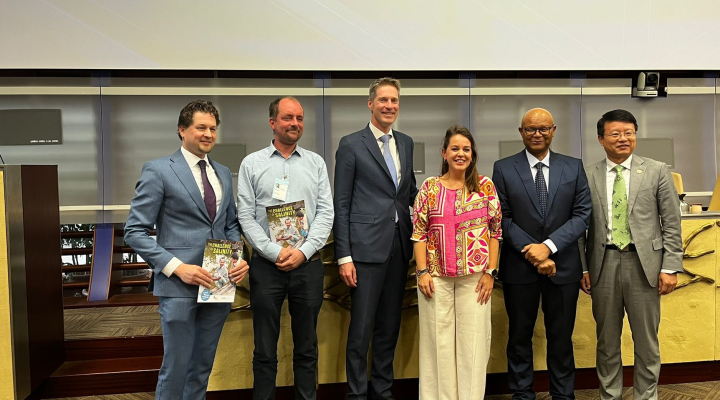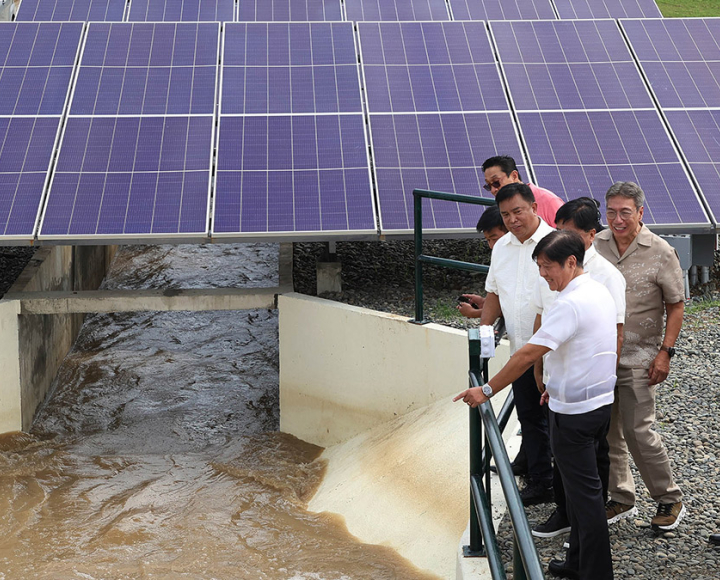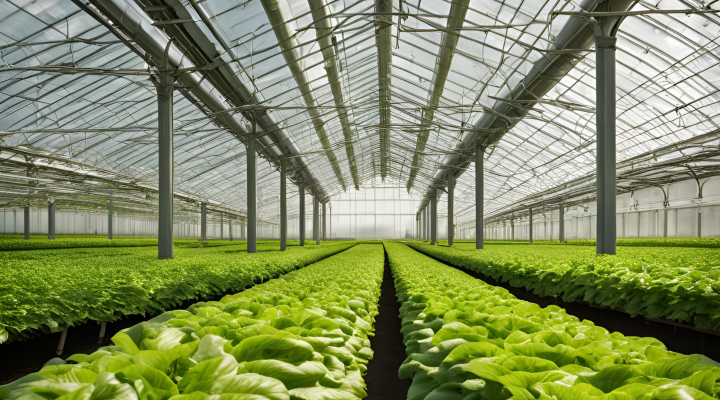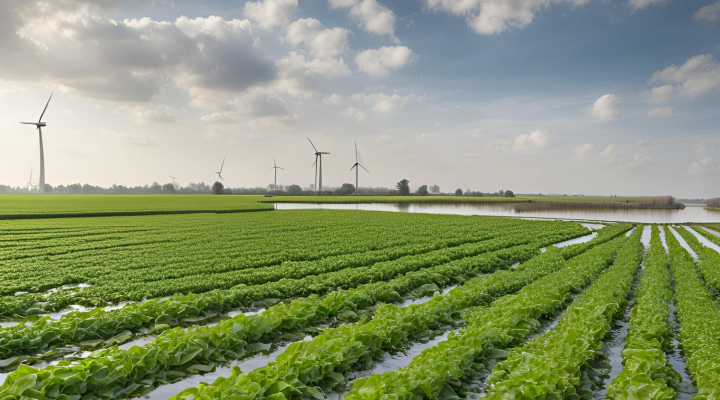
Tanzanian, Kenyan and Ugandan farmers prepare for droughts
Researchers from Wageningen University are analysing the expected decline in production as a result of climate change in Tanzania, Kenya and Uganda. With this knowledge, traders and food processors can assist farmers with drought-tolerant seeds and better farming techniques and irrigation systems.
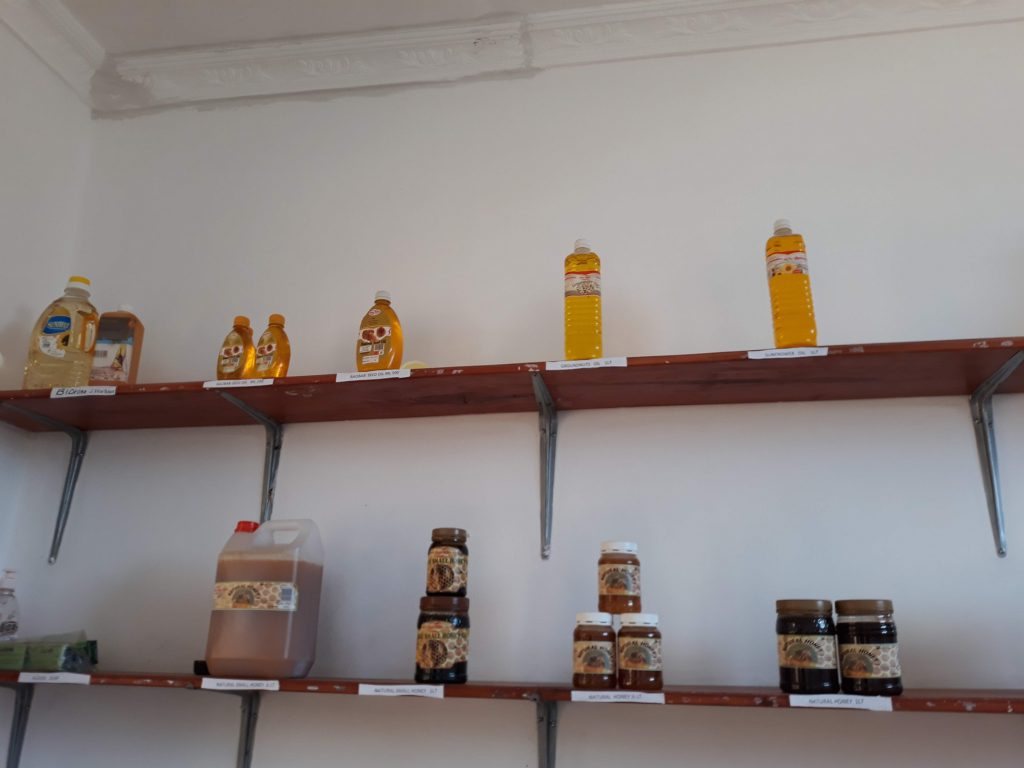

Cultivation of sunflowers
Climate change has brought more droughts to Tanzania. This not only affects the cultivation of sunflowers, but also the production of sunflower oil. To prevent this, the agricultural sector needs to become more climate resilient. To do this, the University works with the CCAFS climate projections specifically for regions and crops.
‘The projections can show that the rainy season starts earlier or later. Scientists then look at how this affects the time of sowing and harvesting. And when there is an increased risk of drought, researchers model the effect of this on the yield of the crop’, explains Groot, a researcher from Wageningen University.
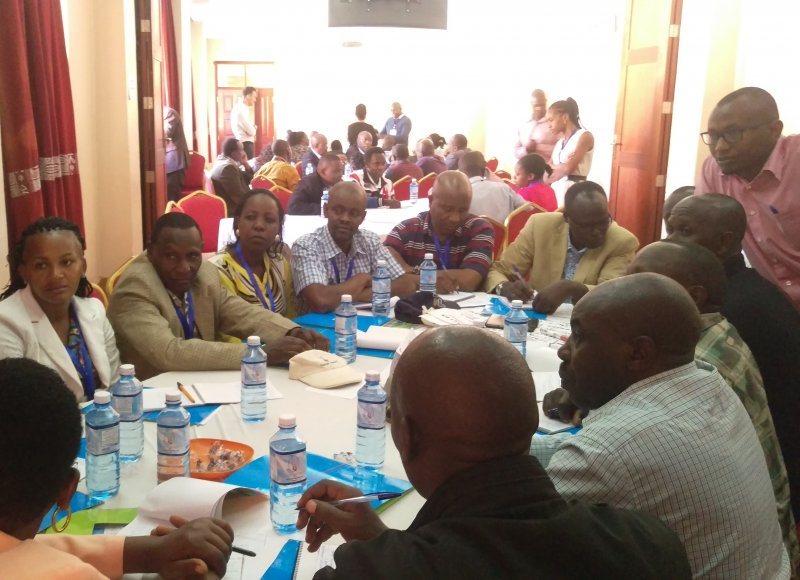

Risk assessment workshops
In addition to flood damage and the increased chance of diseases and pests, the greatest threat is the growing risk of drought. In climate risk assessment workshops, the participants discuss the climate forecasts and the effects. Once the risks have been identified, the workshop participants discuss ways to make the activities in the supply chain – from farmers and processors to traders and other market parties – more climate resilient.
Drought-resistant seeds
‘Climate change also offers opportunities, including for companies that sell drought-resistant seeds and for insurance companies where farmers can cover themselves against drought damage,’ states Groot. Sunflower oil producers in Tanzania are interested in supplying drought-resistant sunflower seeds to farmers, on condition that the farmers will supply their harvest to these oil producers.
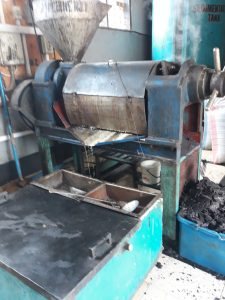

Use of knowledge
Groot believes that it is a revelation to use climate knowledge across the entire supply chain. Groot: ‘It stimulates cooperation between different parties that will increasingly feel the impact of lower food production as a result of climate change in the future. This approach can help to assure food security.’
Climate Resilient Agri-businesses For Tomorrow (CRAFT) is a five-year project that was started in 2018. In addition to Wageningen University, the following partners participate in this project: SNV, which coordinates the project, Rabobank, Agriterra and the CGIAR programme Climate Change Agriculture and Food Security (CCAFS).




